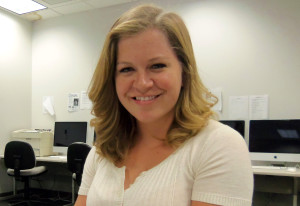Closing the Gender Gap with College Degrees
It’s not a secret that some view men as the more dominant sex. For a long time, a perceived “gender gap” was believed to exist in which men were considered more entitled, more superior, or more qualified than females when it came to getting a college education or filling a job.
Recently, however, researchers have found a noticeable gap in statistics show more females than males attending college and getting a degree. According to a federal survey, about a third more of women earn their bachelors degree by the age of 27.
“More females get their degree, right? In my opinion…there are more hard labor jobs for men,” senior Spencer Cobb said. “How often do you see a female construction worker? The jobs females choose generally need a college education.”
Not only do more women go to college, but more women graduate college with a degree. However, many believe there is more of a balance than there used to be.
“Without a college degree you can’t really do anything anymore,” physical education teacher Wayne Langsdorf said. “There [are] definitely more blue collar jobs available so there are more males in the workforce without degrees while some females still chose to stay home with their families. That’s where the balance comes out.”
While it is proven that more men typically work hard labor jobs, there are many other reasons for lower numbers of men pursuing college degrees.
For one, more males than females tend to enroll in the most difficult majors. That’s why the dropout rate for men is higher. Researchers think this affects the education gender gap statistics.
“I like to think that it is equal, but I have to admit I think more girls get their degree,” senior Ciara Singleton said. “I feel like there are so many females out there right now who are a lot more success driven these days.”
The number of females earning college degrees and getting high paying jobs the past few years has risen dramatically.

Shannon Schone is a one-year staff reporter for the Spotlight. Besides being a member
of the Spotlight, she is also a member of the Varsity club and...

